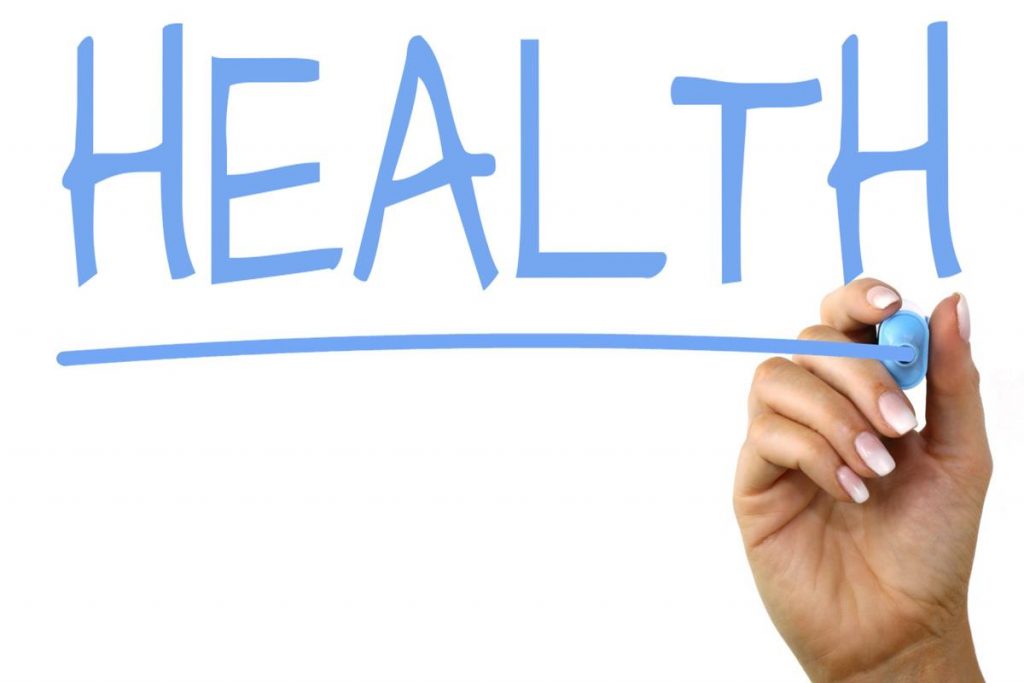Last January, I started my residency in Public Health in Oporto, at an institution responsible for all the population living or working in the oriental area of the city. I’m very pleased with my choice and I feel very welcomed by this big community. Fortunately, public health in Portugal is on the rise in the last 8 years with an increase number of all public health professionals. Even in Europe and all around the world, public health is becoming more prominent in order to have real impact in our lives and on the ones in most need. Euronet is an excellent example of the ambition and hard work of a new technological generation of public health doctors, understanding the value of a solid and robust network between different countries and cultures. One of my first goals, after choosing public health as my profession, was to find out what it is and its objectives. Besides its fundamental actions according to WHO, promoting health, preventing disease and prolonging life, and the additional ten major interventions that we can and should address on a daily basis, I read a sentence stated by Arnaldo Sampaio, a reference figure in the development of public health in Portugal, that, in my opinion, describes the range that public health can have, “If you want you can even consider the public lighting as a promoter of better Public Health, since it gives more safety to pedestrians and decreases the probability of road accidents”.
In the first residence year our program in Portugal is focused on community health. A major aim of this phase is to learn and practice epidemiological surveillance and intervention. In Oporto, we work with a population that has a big incidence of tuberculosis comparing with other regions of Portugal. It is characterized for having a low socioeconomic status and poor neighborhoods, and consequently low hygienic conditions and reduced search of healthcare treatment in due time, which are risk factors for acquiring the disease. Those conditions promote the spread of the disease between family, friends and work colleagues. Although our job’s aim is towards the identification of the source of the disease and all the contacts, there are, unfortunately, some barriers and bureaucratic restrictions that not allow us to do it properly. For example, the minimum 6 month period of treatment of tuberculosis is a huge downsize in the battle against the disease, since some cases doesn’t even complete the treatment, despite its mandatory order to do it under observation. One suggestion to fight those problems could be health institutions merely for treating tuberculosis where patients could be hospitalized during it, depending on the danger to themselves or others. We have the ability to, if not eradicate, reduce considerably the incidence of tuberculosis with new and good practices, using all the information that we have available today.
In almost two months I proudly declare that public health is exceeding my expectations, that I feel highly motivated and we all should encourage each other in order to overcome all the barriers that we might face along our path. Public health gives us all the tools to make a better, healthier and more sustainable world. Together, and perhaps with Euronet and its communication assets, we can make the difference.
_________________________
João Paulo Magalhães
MD, Public Health Resident, Portugal
(As published in EuroNews #13)

